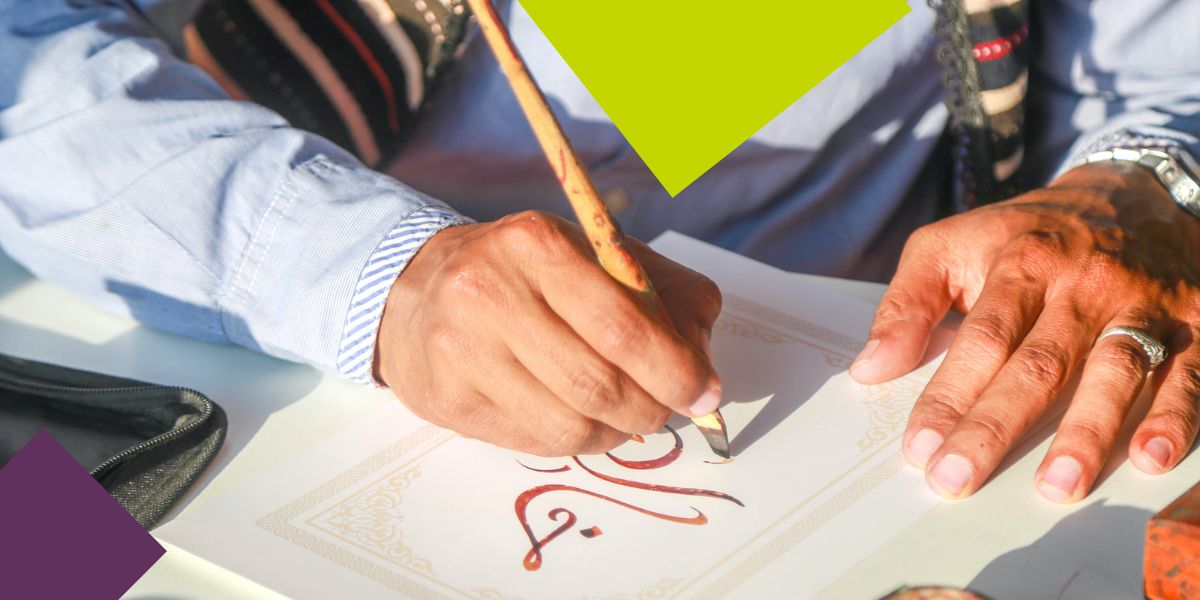Thinking ahead despite current events
While the world is still reeling from the coronavirus pandemic, it can be very difficult to think about your next steps and the future. This is especially true for undergraduates finishing their bachelor’s degrees or those who are looking to shift gears by going back to university. As universities re-tool their campuses and change how they teach students in response to COVID-19, this has become even more of a salient topic. However, despite the pandemic, obtaining a university education is still vital, and if you are considering pursuing a master’s degree, I highly recommend you still do. Specifically, I want to talk about why studying for a master’s degree in history at LSE was one of the best things I ever did.
From undergraduate to master’s study
After I finished my undergraduate degree at Princeton University, I was contemplating whether I wanted to pursue a PhD and a potential career in academia. But, I was really unsure about it, so I thought doing a master’s in history would give me a taste of graduate school and help me decide if a PhD was for me. That’s how I ended up at LSE, and it was one of the best decisions I ever made. The Department of International History at LSE is one of the top history departments on the planet, filled with world-class professors who are cutting-edge experts in their fields. The Department offers a wide variety of courses aimed at attracting a broad swath of students. It was refreshing to take courses with a large majority of non-American students, which challenged my deeply-held convictions and exposed me to new ideas. Even with COVID-19 impacting LSE’s university life next academic year, these elements will not disappear.
Why the humanities?
A lot of folks deride studying the humanities as an archaic venture ill-suited for our technology-driven modern world. But I think the humanities are more important than ever. As we navigate volatile headwinds and an ever-increasing stream of news and information, it is important to be able to critically think, analyse information, and land upon what is truly important for our societies. Studying a master’s degree in history allows you do that. My critical thinking, writing, and reading skills were immensely enhanced by my time as a master’s history student at LSE.
It is just fun!
Above all, doing a master’s degree in history is just plain fun, filled with great subject matter to sharpen skills that will help you no matter what you decide to do in life. The International History Department’s diverse course offerings allow you to learn about subjects you might not have been able to before. This is definitely a draw for LSE. Undoubtedly, doing a master’s degree next year will be different in important ways from when I was a master’s student. Yet, I encourage anyone considering enrolling to follow through. You will look back on it as a great decision that advanced your life.





